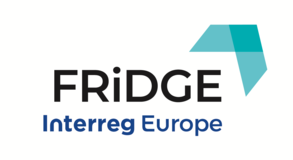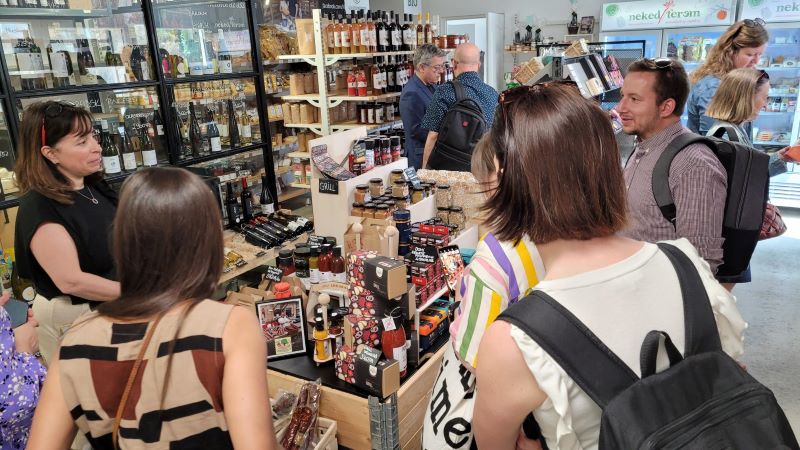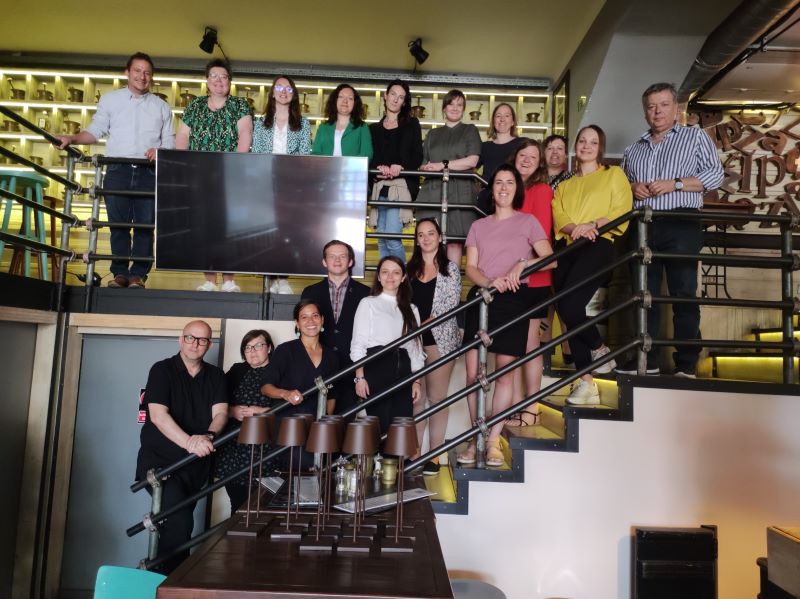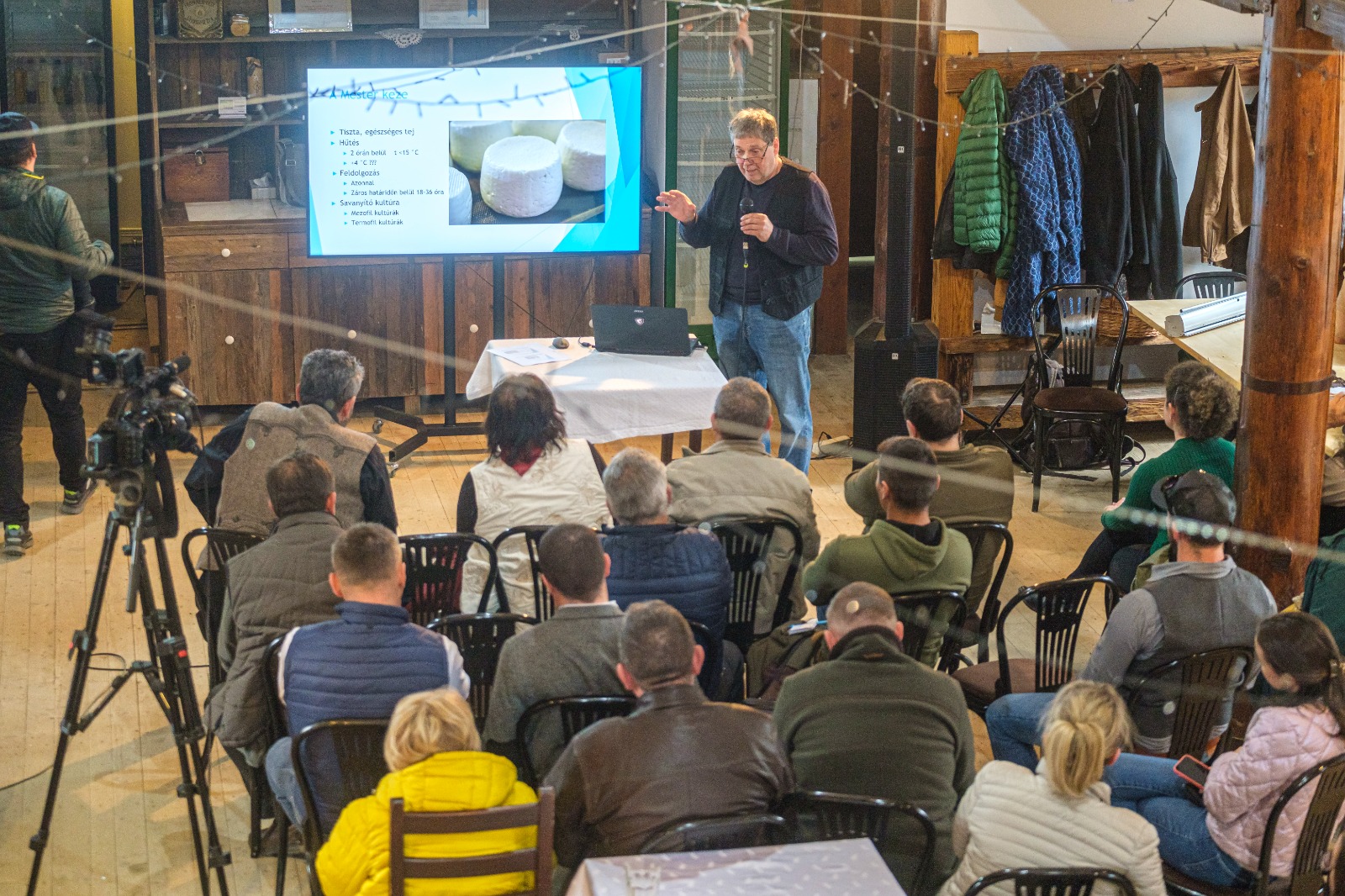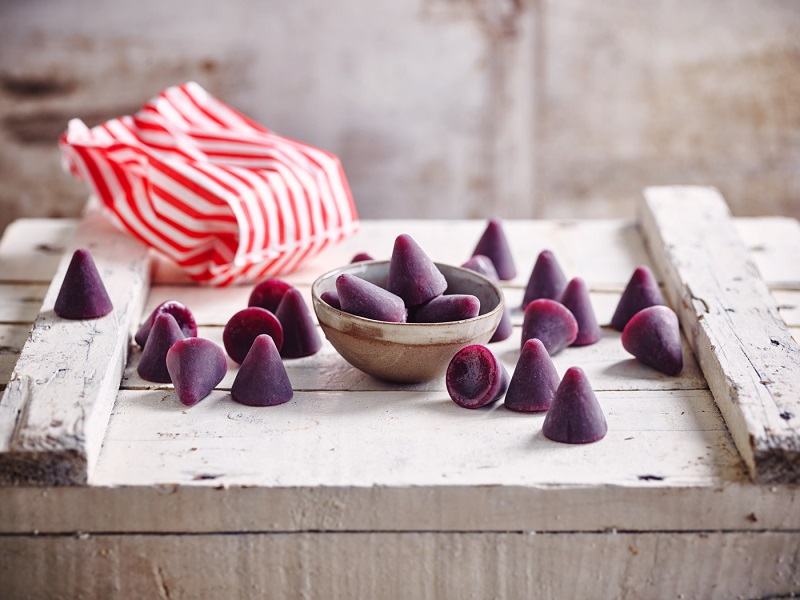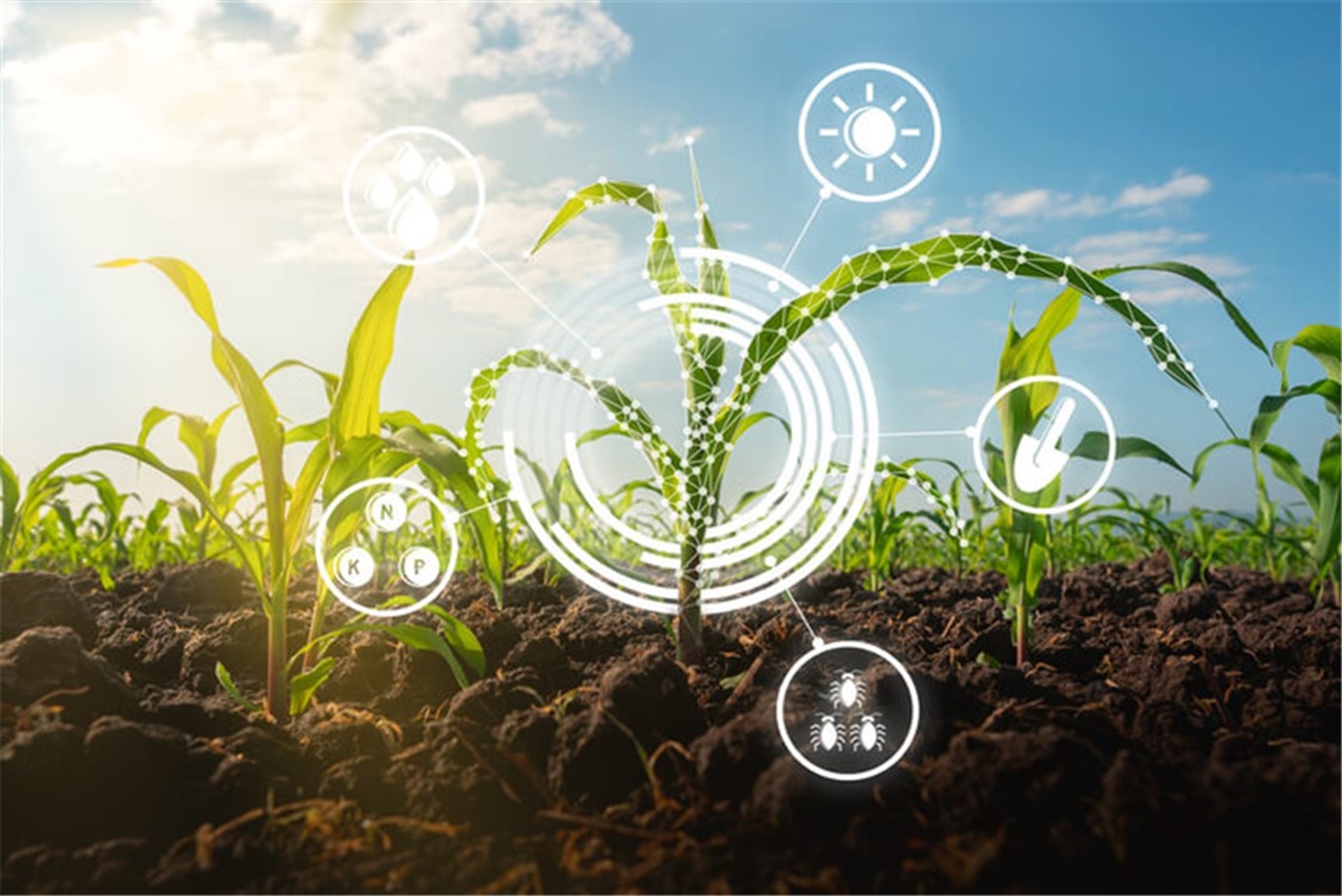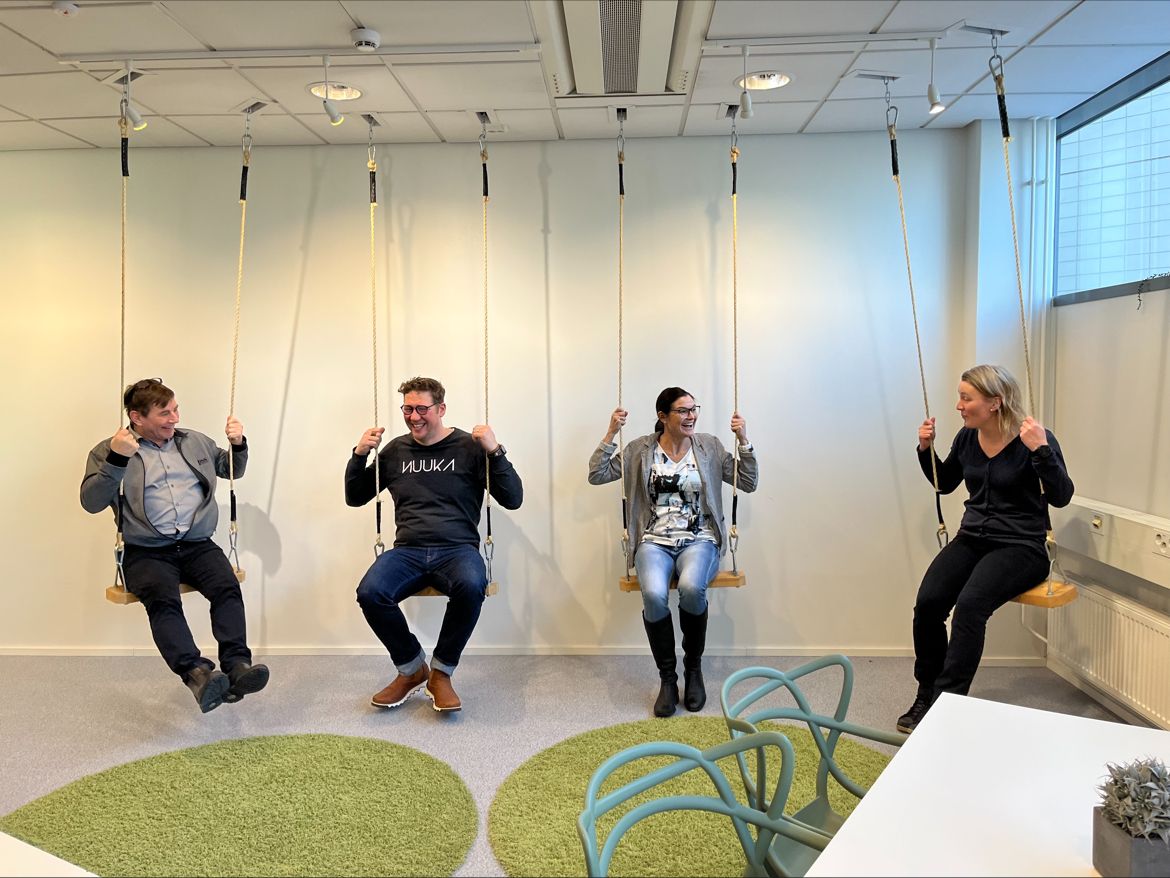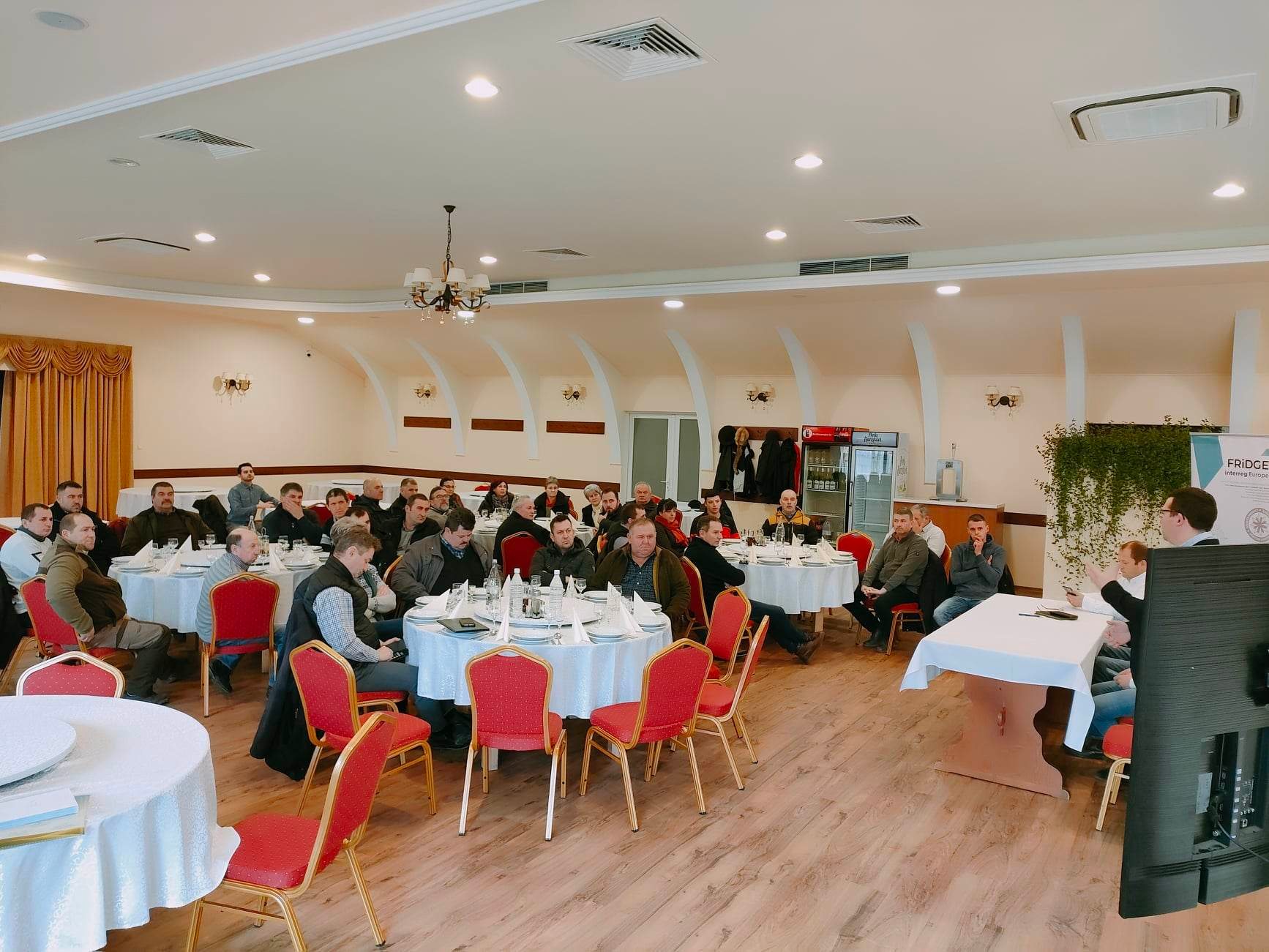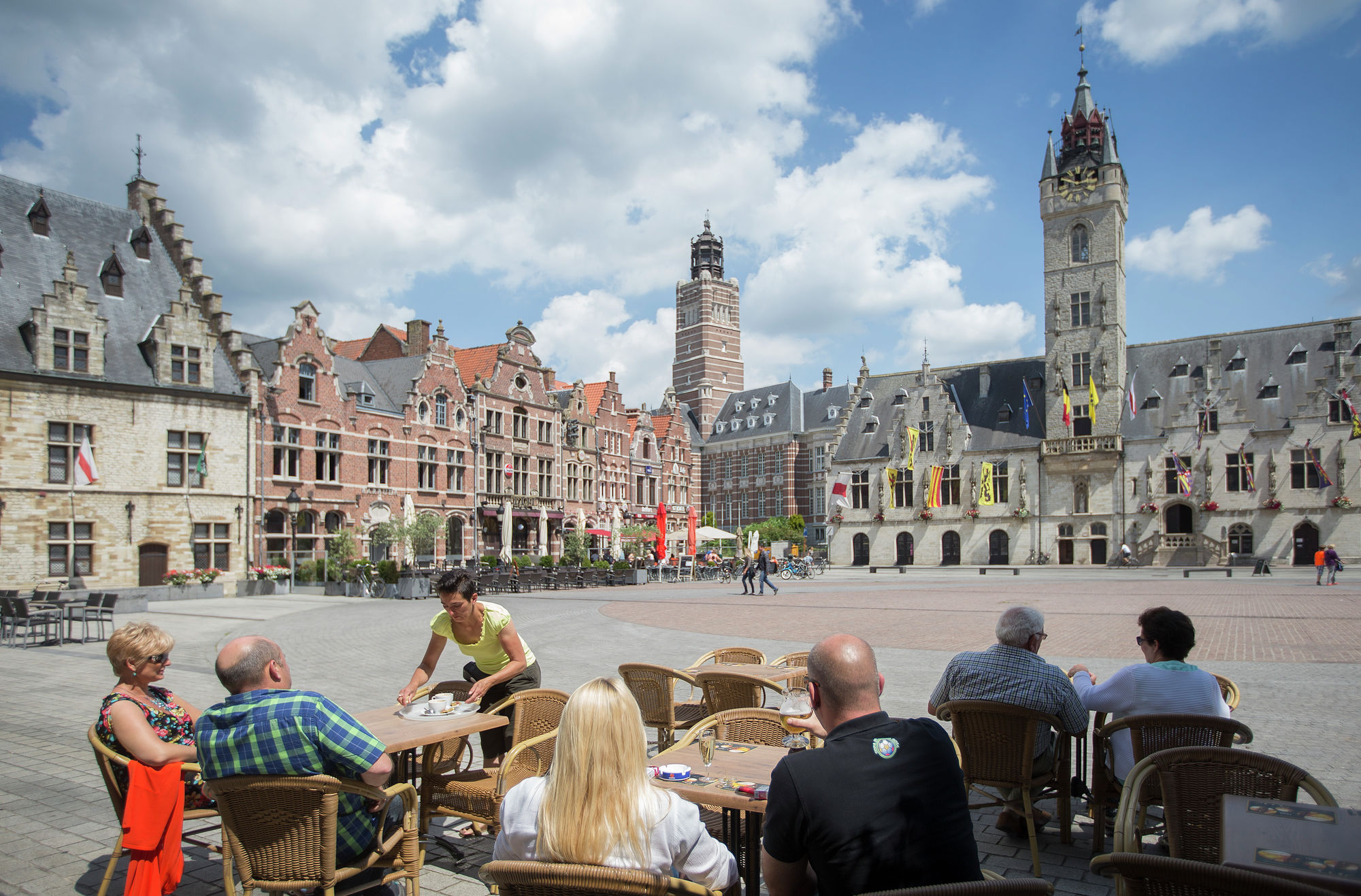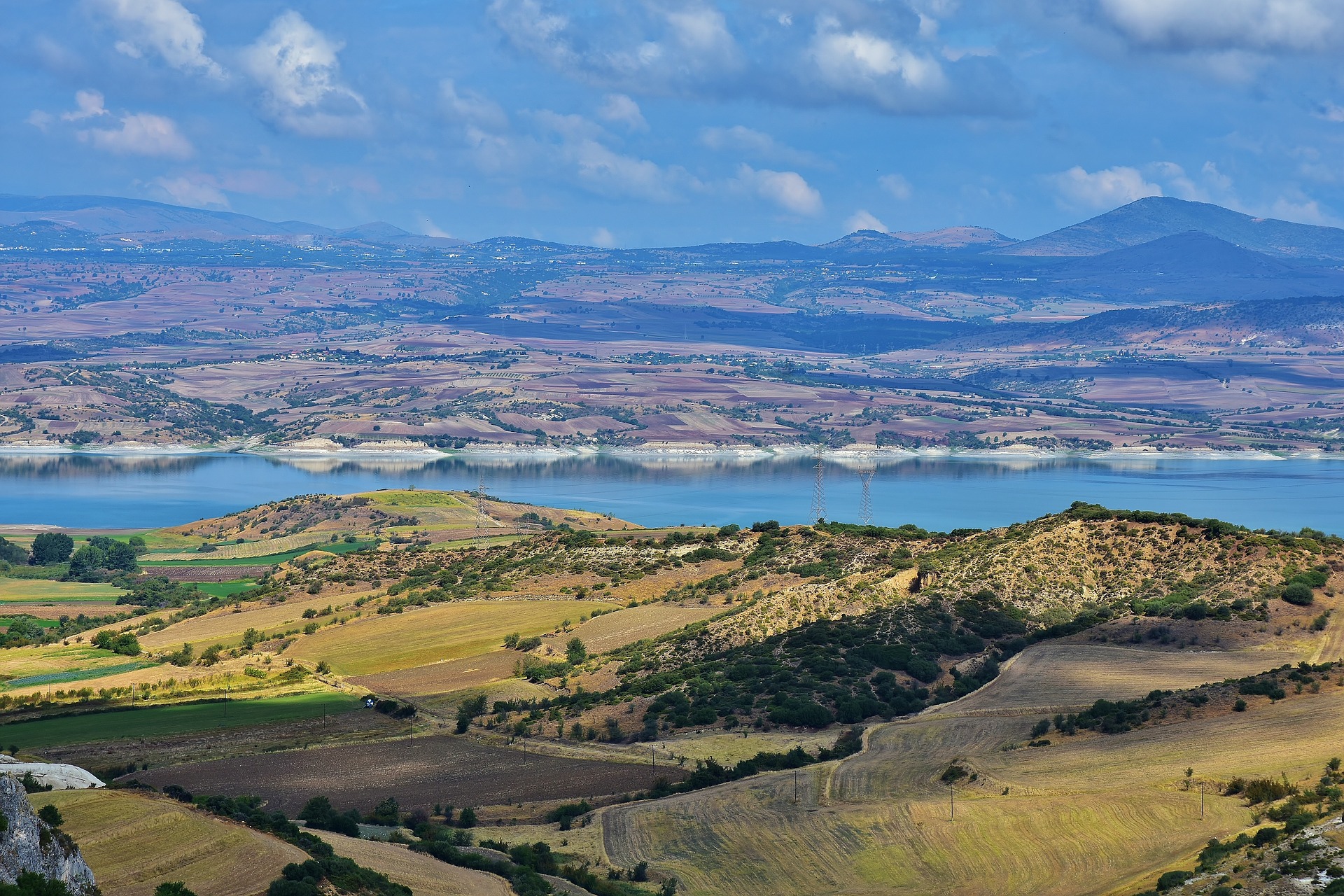The core idea of Interreg Europe projects is to exchange experiences and transfer good practices from one region to another around the chosen topic of interest. Towards the end of the project each partner then creates a regional Action Plan that sums up how the lessons learned from the project are transferred in the region. In the best-case scenario, the actions included in the action plan are new projects that are funded under the European Regional Development Fund and are strongly based on the Good Practices presented by other project partners.
Action Plan process in South Ostrobothnia
The FRIDGE year of 2021 in South Ostrobothnia was definitely about developing the regional FRIDGE Action Plan, learning from other regions and engaging local stakeholders.
The Action Plan development process started officially in January 2021 after the external expert, Seinäjoki University of Applied Sciences (SeAMK), was selected to support the project partner, Regional Council of South Ostrobothnia, with the preparation of the action plan.
During the first months of their work, the team of external experts from SeAMK familiarised themselves with the lessons learned from the project, including all the studies carried out and good practices identified. In addition, a short survey for local food SMEs was carried out to clarify development needs and challenges in the core project topics: market reach, productivity and investments.
Sharing good practices and engaging local stakeholders
The engagement of local stakeholders started for real in May when the first regional action plan workshop was held. The workshop brought together 18 stakeholders representing both RDI-organisations and Food SMEs. The aim of the workshop was to present the stakeholders all the identified good practices in the project and then identify the most interesting and important ones for our region. The workshop ended up being successful as the good practices presented evoked a lot of interest among the actors. Based on the results, we were able to form a draft version of the action plan and create a plan how to intensify the learning process and dissemination of the good practices to the relevant stakeholders.
During the fall the action plan team organised the second workshop where the draft version of the action plan was discussed. The draft received good comments and some new ideas for future actions were received. In December 2021 the Action Plan draft was again discussed in the stakeholder meeting receiving good comments and ideas for improving the activities from our active members of the FRIDGE stakeholder group.
In addition, and maybe more importantly, the action plan team has organised several one-to-one meetings with stakeholders who are designing activities in which FRIDGE Good practices could serve as a source of inspiration. Through these meetings we have been able to disseminate good practices for our stakeholders effectively and been able to design activities to be included in our action plan.
One of the highlights in the Fall was also the online meeting held with Finnish, Belgian and Hungarian partners where the Tasteful East-Flanders concept was presented for our stakeholders. This meeting was very fruitful and our stakeholders got plenty of important information and new ideas for developing future actions.
On the 12th of January we were invited to present the Action Plan ideas in the meeting of the regional sustainable food system research network and discuss new ideas how to build-up and improve the functioning of the regional food ecosystem, and what we can learn from our partner regions from East-Flanders and Bavaria. The discussions were very productive and it was agreed that we will continue the discussions in the next network meeting in February 2022. Hopefully these discussions will lead into new development projects and finally into a even better functioning food sector in our region.
What's in the future?
After all the past six months have been very active locally here in South Ostrobothnia and we already can state that our region has learned a great deal of food business development from other regions and that FRIDGE project has been a successful project for us. Towards the end of the project we are doing our best to push all these lessons learned into our regional action plan and its implementation.
In the becoming months we are also eagerly waiting to participate in the Virtual Study Visit organised by our German partners at KErn - Competence center for Nutrition and learn further in depth about the food business development in the region of Bavaria. Currently we are also very much hands on with the preparation for the next partner meeting and study visit taking place here in South Ostrobothnia and are warmly welcoming all our project partners and stakeholder to join us here in the end of March.
